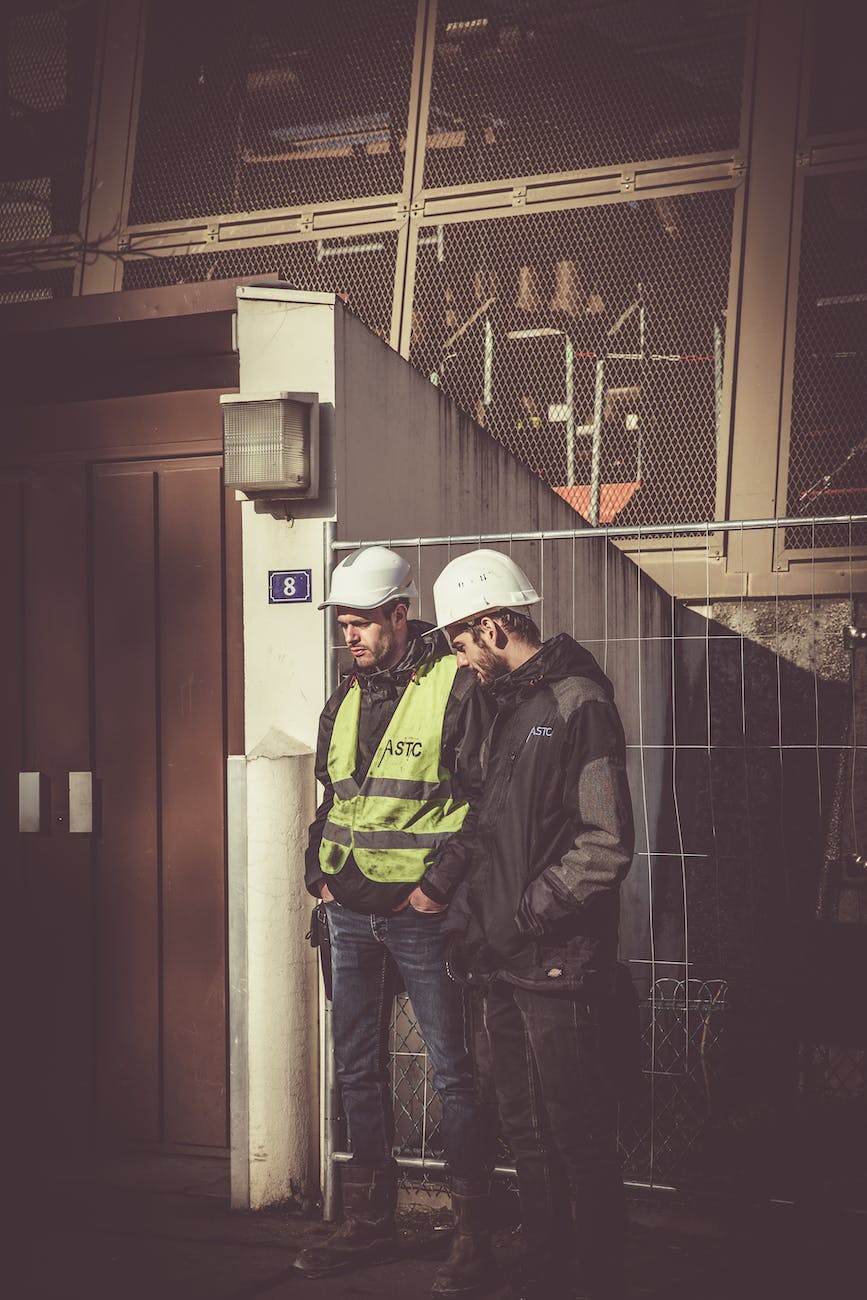
Introduction
When it comes to workplace safety, a key player in ensuring a secure and risk-free environment is the Safety Officer. Companies across industries understand the significance of prioritizing employee safety, making the role of Safety Officers increasingly crucial. If you’re passionate about promoting a culture of safety and safeguarding lives, embarking on a Kursus Safety Officer could be the first step towards a fulfilling and rewarding career. This article delves into the ins and outs of becoming a Safety Officer, highlighting the significance of their role, the necessary skills, training, and certifications required, and the potential career opportunities that await.
Kursus Safety Officer: Your Path to a Rewarding Career in Occupational Safety
1. What is a Safety Officer?
At its core, a Safety Officer is an individual responsible for overseeing the implementation and adherence to safety protocols within a company or organization. They play a critical role in identifying potential hazards, conducting risk assessments, and developing comprehensive safety procedures to protect employees and stakeholders from harm.
2. The Significance of Safety Officers in the Workplace
Safety Officers are instrumental in maintaining a safe and secure work environment. Their presence not only prevents accidents and injuries but also boosts employee morale and productivity. Employers with a dedicated safety officer demonstrate their commitment to their employees’ well-being, which helps in attracting and retaining talent.
3. Essential Skills for Safety Officers
Becoming a successful Safety Officer requires a specific set of skills, including:
3.1. Attention to Detail
Safety Officers must be meticulous in identifying potential risks and hazards, leaving no stone unturned when it comes to workplace safety.
3.2. Communication Skills
Effective communication is crucial for Safety Officers to relay safety protocols, conduct training sessions, and interact with employees and management.
3.3. Problem-Solving Abilities
Safety Officers should possess strong problem-solving skills to address safety issues promptly and effectively.
4. Training and Certification
To become a qualified Safety Officer, specialized training and certification are essential. Several institutions offer Kursus Safety Officer programs that cover topics such as safety regulations, emergency response procedures, and risk management.
5. Career Opportunities
The demand for Safety Officers is on the rise across industries like construction, manufacturing, healthcare, and more. Graduates from a Kursus Safety Officer program can explore various roles such as:
5.1. Construction Safety Officer
These professionals oversee safety on construction sites, ensuring compliance with safety standards and regulations.
5.2. Industrial Safety Specialist
Industrial Safety Specialists work in manufacturing units, identifying potential safety hazards and implementing preventive measures.
5.3. Healthcare Safety Officer
Healthcare Safety Officers focus on creating a safe environment for patients, healthcare professionals, and visitors in medical settings.
6. The Future of Safety Officers
As companies increasingly prioritize employee safety, the demand for Safety Officers is projected to grow. This trend presents a promising outlook for aspiring safety professionals.
Conclusion
In conclusion, a career as a Safety Officer can be both fulfilling and impactful. With the right training and dedication, you can embark on a journey to make workplaces safer and protect the well-being of employees. So, if you have a passion for safety and want to contribute to a safer world, consider enrolling in a Kursus Safety Officer program and kickstart your journey today!
FAQs
1. What are the prerequisites to enroll in a Kursus Safety Officer program? To enroll in a Kursus Safety Officer program, candidates usually require a high school diploma or equivalent. Some programs may have additional eligibility criteria.
2. Is work experience necessary to become a Safety Officer? While work experience is not always mandatory, some employers may prefer candidates with relevant experience in occupational safety.
3. Are there any age restrictions for becoming a Safety Officer? No, there are typically no age restrictions for pursuing a career as a Safety Officer. Anyone with the required qualifications and passion for safety can enter this field.
4. How often do Safety Officers undergo training to stay updated on safety regulations? Safety Officers should regularly participate in workshops and seminars to stay informed about the latest safety regulations and best practices.
5. Can Safety Officers work in any industry? Yes, Safety Officers are essential across various industries, including construction, manufacturing, healthcare, and more.
























